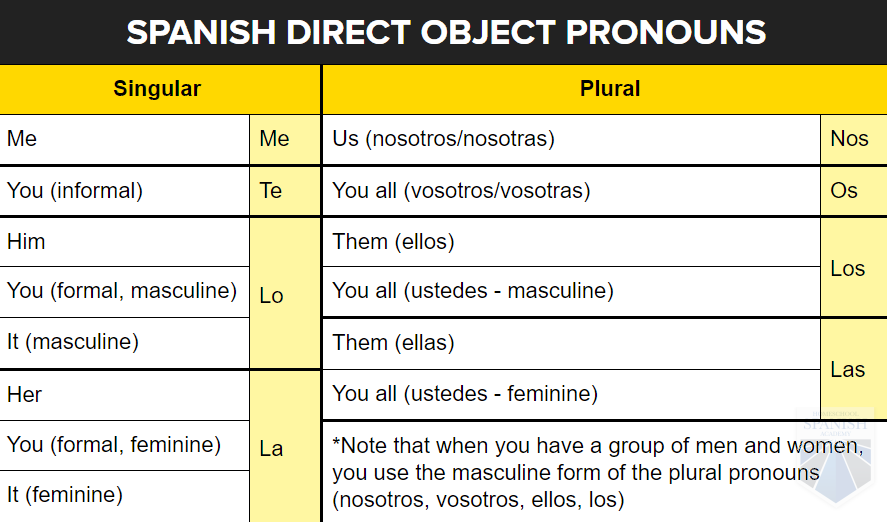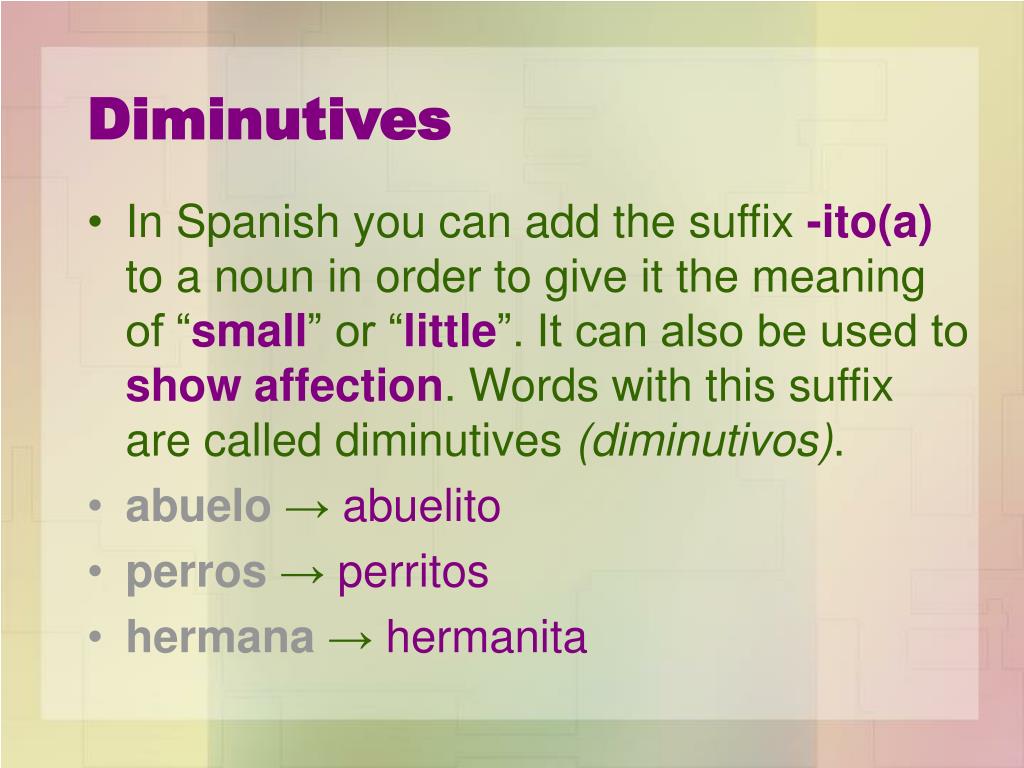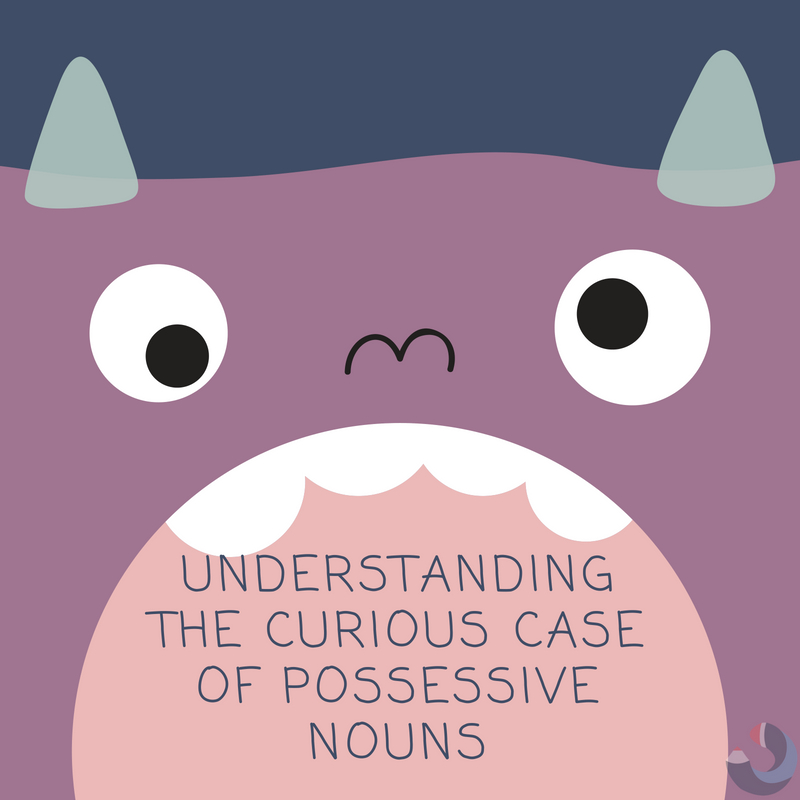A noun (from Latin nōmen'name') is a word that functions as the name of a specific object or set of objects, such as living creatures, places, actions, qualities, states of existence, or ideas. However, noun is not a semantic category, so it cannot be characterized in terms of its meaning. Thus, actions and states of existence can also be expressed by verbs, qualities by adjectives, and places by adverbs. Linguistically, a noun is a member of a large, open part of speech whose members can occur as the main word in the subject of a clause, the object of a verb, or the object of a preposition. Many different types of nouns exist, including proper and common nouns, collective nouns, mass nouns, and so forth. A noun is a word for a person, place, thing, or idea.
Nouns are often used with an article , but not always. Proper nouns always start with a capital letter; common nouns do not. Nouns can be singular or plural, concrete or abstract.
Nouns can function in different roles within a sentence; for example, a noun can be a subject, direct object, indirect object, subject complement, or object of a preposition. Many European languages use a cognate of the word substantive as the basic term for noun (for example, Spanish sustantivo, "noun"). Nouns in the dictionaries of such languages are demarked by the abbreviation s. Instead of n., which may be used for proper nouns or neuter nouns instead.
In English, some modern authors use the word substantive to refer to a class that includes both nouns and noun phrases . It can also be used as a counterpart to attributive when distinguishing between a noun being used as the head of a noun phrase and a noun being used as a noun adjunct. For example, the noun knee can be said to be used substantively in my knee hurts, but attributively in the patient needed knee replacement.
For learners of English, the most important feature of a noun is whether it can be counted. A count noun is a noun that can be used after a or an or after a number (or another word that means "more than one"). Linguists often prefer to define nouns in terms of their formal properties. These include morphological information, such as what prefixes or suffixes they take, and also their syntax– how they combine with other words and expressions of particular types.
Such definitions may nonetheless still be language-specific since syntax as well as morphology varies between languages. For example, in English, it might be noted that nouns are words that can co-occur with definite articles , but this would not apply in Russian, which has no definite articles. Lexical categories are defined in terms of the ways in which their members combine with other kinds of expressions. The syntactic rules for nouns differ between languages. In English, nouns are those words which can occur with articles and attributive adjectives and can function as the head of a noun phrase.
"As far as we know, every language makes a grammatical distinction that looks like a noun verb distinction." Part of speechfunction or "job"example wordsexample sentencesVerbaction or state be, have, do, like, work, sing, can, mustEnglishClub is a web site. I like EnglishClub.Nounthing or personpen, dog, work, music, town, London, teacher, JohnThis is my dog. We live in London.Adjectivedescribes a noungood, big, red, well, interestingMy dogs are big.
When he is very hungry, he eats really quickly.Pronounreplaces a nounI, you, he, she, someTara is Indian. She is beautiful.Prepositionlinks a noun to another wordto, at, after, on, butWe went to school on Monday.Conjunctionjoins clauses or sentences or wordsand, but, whenI like dogs and I like cats. I like dogs but I don't like cats.Interjectionshort exclamation, sometimes inserted into a sentenceoh!
What Means Noun In Spanish Nouns are an all-star team of words and always have a player ready to step up to the plate, no matter the challenge. Common nouns, proper nouns, abstract nouns, and concrete nouns are our go-to nouns but there are many types of nouns ready to get in the game. To learn the difference between all these nouns, use this guide to link to in-depth articles about each type of noun. You've still got your proper nouns (María), abstract nouns , countable nouns (el libro – los libros) and collective nouns (panal, archipiélago).
This is what you are going to master in the next few minutes of reading. A noun phrase is a phrase based on a noun, pronoun, or other noun-like words optionally accompanied by modifiers such as determiners and adjectives. A noun phrase functions within a clause or sentence in a role such as that of subject, object, or complement of a verb or preposition. You don't say that you have "a happiness" or "three happinesses." Uncountable nouns typically don't have plural forms. In English we have proper nouns , abstract nouns , countable nouns (book – books), collective nouns , etc. Many singular nouns just need an S added at the end to make them plural (e.g.,bee becomes bees).
For some nouns that already end with an S, you may need to add -es to the end to make their plural forms (e.g.,classes and buses). Some singular nouns also change spelling when made plural (e.g. countries and babies). Examples of count nouns are chair, nose, and occasion. Example sentences are real-life examples selected to help people understand words in the context in which they are commonly used.
These sentences do not replace our definitions but give additional context. Common nouns are words that refer to undefined or generic people, places, or things. For example, the country is a common noun that refers to a generic place while the word Canada is not a common noun because it refers to a specific place. Common nouns are only capitalized when they begin sentences or are used in the names or titles of something, as in Grand Canyon or Iron Man.
So, we now know nouns are used to name physical objects, people, places,animalsand also invisible things such as ideas, qualities or actions. Our definition also tells us that nouns are typically the subject or the object in a sentence, and that they can also be the object of a preposition. A mass noun refers to something that cannot be counted. Mass nouns are normally not used after the words a or an or after a number. They have only one form and are used with singular verb forms, as in "Portuguese is one of the languages they speak," and "The information was unclear."
As in English, Spanish proper nouns are typically capitalized. Examples of proper nouns include Casa Blanca , Enrique , Panamá , and Torre Eiffel . Some nouns can be either common or proper, depending on the context. For example, Luna is a proper noun when referring to the moon that circles the Earth , while luna is a common noun when it refers to a planetary satellite in general.
Grammatically, a noun can serve as the subject of a sentence or the object of a verb or preposition. Nouns can also be described by adjectives or replaced bypronouns. Wiktionary has grown beyond a standard dictionary and now includes a thesaurus, a rhyme guide, phrase books, language statistics and extensive appendices. We aim to include not only the definition of a word, but also enough information to really understand it.
Thus etymologies, pronunciations, sample quotations, synonyms, antonyms and translations are included. A noun that ends in the letter–emay be either masculine or feminine. If a noun ending in –erefers to an object, it is usually a masculine word, but not always.
It is safest to memorize the gender of these words by learning them with an article. Proper nouns help distinguish a specific person, place, or thing. The names and titles of things are always proper nouns, such as the brand name Starbucks and the personal name Jenny. A noun is a word that refers to a person, place, or thing. The category of "things" may sound super vague, but in this case it means inanimate objects, abstract concepts, and activities. Phrases and other parts of speech can also behave like nouns and can be the subject in a sentence, as in Jogging is a fun exercise.
Here, the verb jogging acts like a noun and is the subject of the sentence. – rarely usedAs you can see, the word abeja is a common, individual noun, which has a plural form because it is countable. If you want to refer to the "group" formed by bees, you will have to use the common, collective noun, enjambre, which is also countable—hence the plural form,enjambres. Nouns have sometimes been defined in terms of the grammatical categories to which they are subject . Such definitions tend to be language-specific, since nouns do not have the same categories in all languages. Many words in English can have more than one job, or be more than one part of speech.
For example, "work" can be a verb and a noun; "but" can be a conjunction and a preposition; "well" can be an adjective, an adverb and an interjection. Occasionally, a noun's spelling will remain the same but the article will change to indicate whether the meaning is masculine or feminine. Also, sometimes a noun can be changed from masculine to feminine simply by changing the ending from an–oto an–a. There is a main verb and sometimes one or more helping verbs. ("She can sing." Sing is the main verb; can is the helping verb.) A verb must agree with its subject in number .
More nouns appear every year as people come up with new ideas, media, and technologies. It is a person, place, or thing, and it may be one or more of the types of nouns that we all know and love. A proper noun or proper name is a noun representing unique entities , as distinguished from common nouns, which describe a class of entities . Uncountable nouns, sometimes called partitive nouns, refer to things that can't be counted, such as concepts. Examples include tristeza , indignación , and opulencia .
Many nouns can be countable or uncountable depending on how they are used. For example, leche is countable when it refers to types of milk but uncountable when referring to quantities. A common noun refers to things, being or concepts without referring to a specific one of them. For example, humano is a common noun, but Catrina is not, because it refers to a specific human. Other examples of common nouns include ordenador , valle , felicidad , and grupo . In our mission to accurately and comprehensively document all words in a language's lexicon, we record and describe real-life language usage in all of its forms – including slang and regional dialects.
We monitor how offensive language changes over time and integrate the changes we observe into our dictionaries to reflect real-life usage. Any changes that are made to our dictionaries are based on empirical evidence collected and analysed through our language research programme. The role of a descriptive dictionary is to record the existence and meaning of all words in a language, and to clearly identify their status. We include vulgar or offensive words in our dictionaries because such terms are a part of a language's lexicon. However, we label in our dictionaries words that fit into these categories to reflect their vulgar or offensive status and usage in the language. The evidence we use to create our English dictionaries comes from real-life examples of spoken and written language, gathered through a series of corpora that continuously monitor language development.
There are several adjectives that, when placed either before or after the noun, change the meaning. You will notice that with adjectives placed before the noun, the adjective becomes more subjective. When placed after the noun it becomes more objective.
Here are some of the most common meaning-changing adjectives. There are a few occasions where the exact same word will have two very distinct meanings, one when the noun is used with a feminine article and another when the same noun is used with a masculine article. The spelling of the word does not change—only the gender determines which of the meanings is appropriate. The unusual thing about words that end in–istais that they will be used for both males and females. The article will indicate the gender of the person the noun represents.
Notice that it will seem strange to use a word ending in–ato refer to a male. If you make a note of the nouns that break these general rules when you learn them, you'll avoid a lot of mistakes later. It will not always be possible to predict the gender of a noun by looking at the word. When you look up any Spanish noun in the dictionary, the first thing you'll find will be the letterm orf.
When you learn a new vocabulary word that is a noun, you must memorize the gender of the word as well as the actual spelling of the word. Sometimes, the spelling of the word itself may make it possible to ascertain the gender of a word just by looking at it. A preposition is a word placed before a noun or pronoun to form a phrase modifying another word in the sentence. Uncountable nouns are those nouns that cannot be counted. Since I have just mentioned countable and uncountable nouns, let me tell you a little more about them.
In English it is very common for nouns to function as adjectives; such nouns are called attributive nouns. For example, in "dog leash," "dog" is an attributive noun. But with rare exceptions, Spanish connects the descriptive noun to the main noun using a preposition, often de.
Thus a dog leash is either correa de perro or correa para perros . This kind of change is not unique, it is characteristic for "performatives". Performative verbs are verbs of speech used in the first person in frozen constructions and contexts, by someone who has the ability to fulfil this action by speaking it. For example, the president of a commission who opens hearings merely by saying something like, "I declare open the second day of hearings". Remember that you can only create a feminine version of a noun if the word represents a person.
You cannot, for example, changeel libro tola librajust because the book belongs to a girl. The word for book,el libro,is always masculine, no matter whose book it is. Nouns that end in–or, –és, or –nare generally going to be masculine. If you want to use one of these nouns to refer to a female, you can change it to a feminine form by adding an–ato the end of the word. When a word that ends in–eis used to refer to a person, the same word is used for both genders. Only the article and adjectives that modify the word will reflect the gender of the person that the noun represents.
What happens is that they take the plural form of the second word in the compound, which is normally a noun. This may seem like nonsense, but I am sure you will be happy to hear that 95 percent of these nouns don't change when forming the plural, so that's one less thing to worry about. On the other hand, when referring to the institution of "the police," the wordpolicíais uncountable, so this is a collective uncountable noun. Individual and collective nouns are easier to understand when explained together.

















































